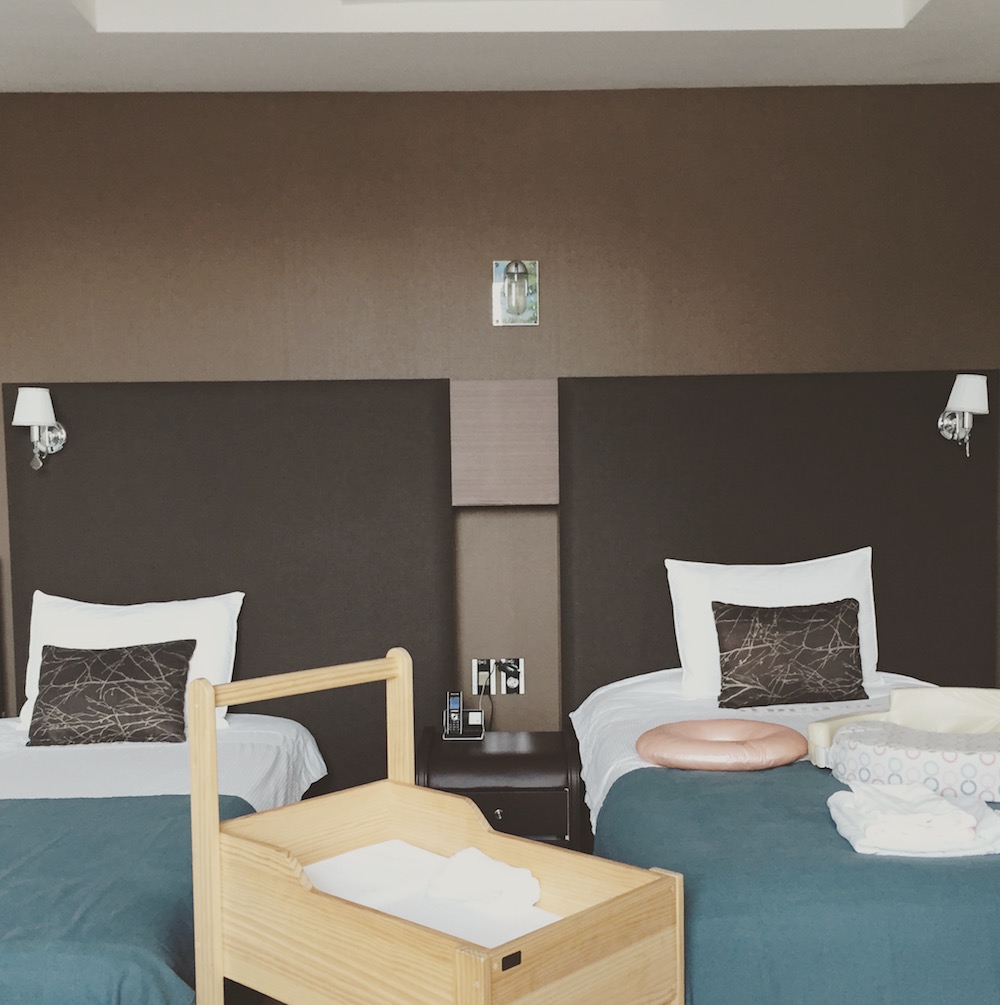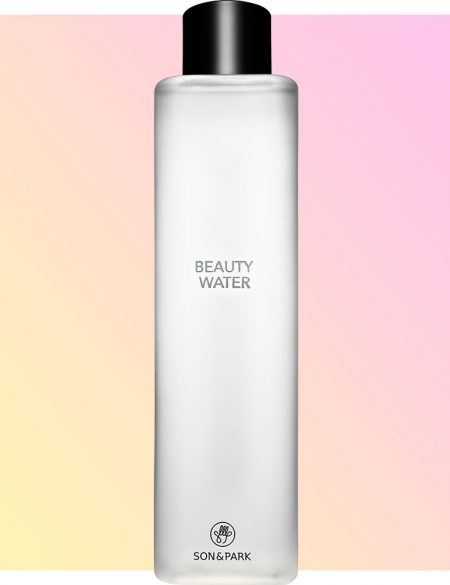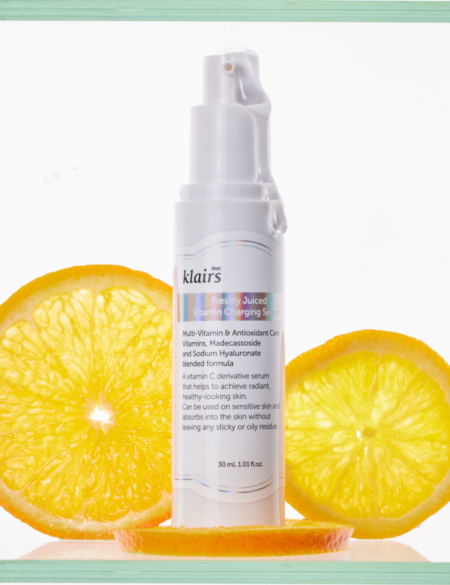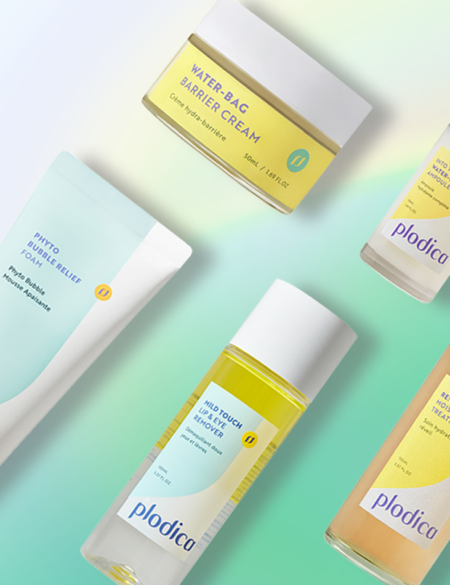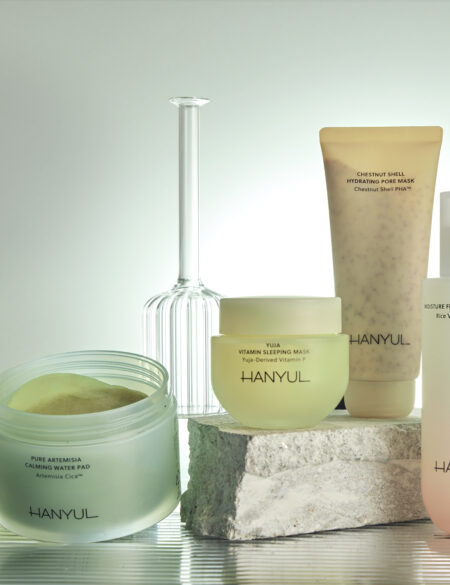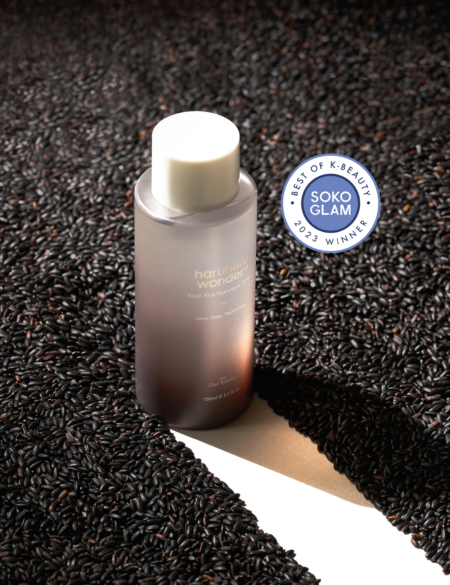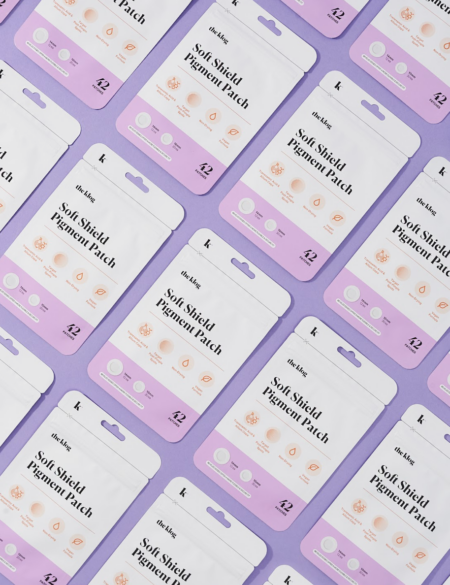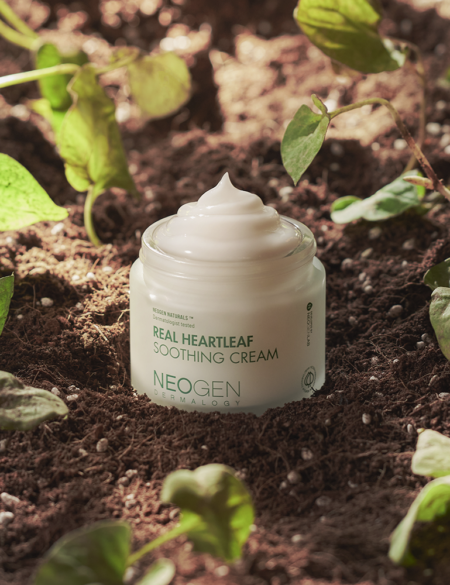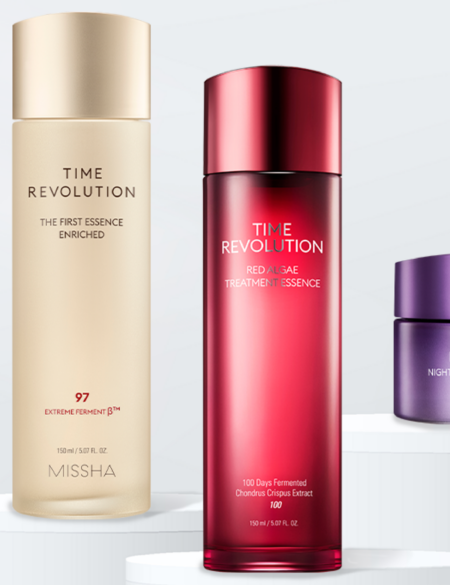“You’re glowing!” people would tell me. It was true, and it was more than just my bronzer talking. I was pregnant in Korea and enjoying every minute of it. Suddenly, doors opened in front of me. Seats on crowded subway cars appeared and I didn’t even have to push anyone aside. The government deposited a modest stipend into my bank account for prenatal checkups. And this was just a precursor, because friends with kids told me that the best was yet to come. At the end of my nine-month journey, I would experience a few weeks of bliss between leaving the hospital and raising the baby on my own. One of my friends would later tell me that this was, for her, the single best thing that has happened to her as a Korean woman. Now that I’ve given birth and experienced the full spectrum of postpartum offerings, I may just have to agree that these three services make it all worthwhile.
Postpartum Care Center (joriwon)
I’ve described the joriwon as an all-inclusive resort for new moms. Moms are expected to do nothing but indulge in R&R (with optional breastfeed sessions). There’s a strict visitor policy, so you don’t have to worry about family or in-laws dropping by. Massages, laundry and housekeeping are included. Three meals and additional snacks are delivered to your door every day. Between the room service, feedings and massages, I couldn’t even make time for all the other activities like morning yoga. At the core of the joriwon experience is the nursery where nurses watch and care for infants. Of course, moms are welcome to room-in with the baby, but the separate nursery came to my rescue several times, especially when I desperately needed sleep.
There are so many options for different preferences and budgets, so choosing a joriwon is not an easy feat, and something to be done only after taking the full tour of the facility. I toured three and chose my own joriwon based on the proximity to my hospital, the number of doctor visits (daily), the quantity of massages (a lot), and yoga and other programs (oh, how naive I was to think that I’d be able to pull off a downward facing dog pose a week after giving birth!). “It’s a once in a lifetime experience,” one friend told me, because you’re only a first-time mom once. She said to think of it as my last vacation. Because for a while, it will be.
Who it’s for: Any mom who wants to be pampered, sequestered and have the baby looked after for 24/7. Most joriwon guests are first-time moms.
How much you can expect to pay: Most joriwon in Seoul run between 2 to 4 million won (1,700-3,400 USD) per 2-week stay. High-end centers in more prestigious neighborhoods of Gangnam and Seocho can set you back 10 million won (8,550 USD) or more for a two-week stay.
Where to look if you’re not in Korea: While postpartum care centers are not uncommon in Asian communities, look for licensed postpartum wellness and care centers, or a postpartum doula (see the next paragraph) near you.
At-Home Postpartum Caretaker (sanhudoumi)
The joriwon experience, as luxurious as it might sound, is not for everyone. Some women recover quickly, find it too sterile or stifling or isolating, and check out early. For the woman who wants to rest and recover in the comfort of her own home, there is the sanhudoumi—a postpartum caretaker. Sanhudoumi (literally “postpartum helper”) are usually middle-aged Korean women trained in postpartum maternal and infant care. Her responsibilities include all things baby-related (feeding, bathing, diapering, etc.) as well as cooking meals for mom, giving her massages and some light household chores. The caretakers are endearingly referred to as emonim, an honorific term for aunties, and they will take care of you like family. Sanhudoumi services can be booked for one week to months on end, eight hours a day or as a 24/7 live-in service.
A postpartum caretaker is not just a nurse for the baby—she’s there to support and ease the mother back into the swing of things. Although the at-home services lack the facilities and gadgets found in a joriwon, many Korean postpartum services will send new moms a complete kit that helps them get acclimated to life at home after delivery. By the time you arrive home from the hospital or joriwon, you may be greeted with a starter kit that includes a sitz bath, infrared lamp, simple breast pump, thermometer, belly button cleaning kit and more. These are yours to use for the duration of the service.
Who it’s for: Anyone, especially moms with older kids, who finds recovery at home more comfortable, practical and economical. Many moms employ sanhudoumi as an extension of their joriwon stay. Sanhudoumi services cost a fraction of a joriwon bill.
How much you can expect to pay: Two weeks of sanhudoumi services (9 am to 6 pm, Monday through Friday) runs around 850,000 KRW (approximately 730 USD).
Where to look if you’re not in Korea: For stateside readers, you can find out more about postpartum caretakers and doulas here, and find a certified postpartum doula near you.
At-Home Postpartum Massages
The prospect of leaving the house with a newborn is daunting. While there are many spas specializing in prenatal and postpartum massages in Seoul, many women elect to have them right in their own home. It’s especially helpful to have an at-home massage if your newborn’s feeding and sleeping schedules are irregular. Massages can be simple, requiring no more than a mat and a towel, to completely indulgent with a portable massage bed, oils and hot stones. Postpartum massage therapists are familiar with the aches and pains of new moms, and most will offer a “lactation massage” at the end of each session to get the milk flowing, if you need help in that department. If there’s a husband or relative who’s helping you care for a newborn, you can usually book an additional massage for them as well. It’s a nice way to say thank you with a little pampering usually reserved for the mom.
Who it’s for: Anyone who prefers to stay close to the baby during massage therapy. A convenient option for moms and additional caretakers who want to receive back-to-back treatments.
How much you can expect to pay: Depending on the service, full body at-home postpartum massages usually run between 100,000 to 120,000 won (85-100 USD) for two hours.
Where to look if you’re not in Korea: Read more about the benefits of postpartum massages here and find a licensed massage doula near you.


